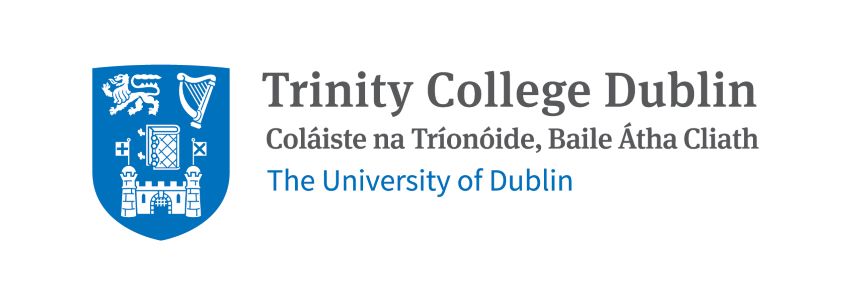Work Packages
The everyday running of this Early Training Network is coordinated by the Executive Board, which is made up of the 7 Work Package leaders.
Work Packages 1-3 (Management, Training & Communications)
WP 1) Management: Tom Smulders is leading the day to day management of the ChickenStress Project from Newcastle University.
WP 2) Training: ESRs will be trained to be creative and flexible scientific thinkers and problem-solvers, who will bring novel solutions based on neuroscience, physiology, and behaviour to the poultry sector and become the future of innovation in this industry. Bas Rodenburg from Utrecht University will lead this training work package. The ChickenStress training has been designed to ensure ESRs complete a total of 180 ECTS credits over the 36 months. 150 ECTS will be through their individual research projects (including secondments), 15 ECTS through bespoke training portfolios personalised to each ESR, and 15 ECTS through network-wide training events and initiatives.
WP 3) Communication & Disseminination: Vicky Sandilands from Scotland's Rural College (SRUC) will lead on this work package to ensure the public are kept informed of project news. We will use our ChickenStress training website and Twitter feed to include project developments, workshops, events and other public engagement activities.
Structure of the Scientific Work Packages (4-7)
Work Package 4 - Development, anatomy and function of the brain network that regulates the stress response
WP4 Leader - Loreta Medina
To use neurobiological markers of welfare, we need to better understand which neuronal populations in the avian brain regulate the stress response and how these interact with each other. The aim of Work Package 4 is to study in the chicken two brain centers known to regulate in opposite ways the stress response in mammals: the central nucleus of the amygdala and the hippocampus. We will study neuronal activation in these brain areas following stress in comparison to controls, as well as the connections and neural networks in which they are involved. Moreover, in the hippocampus we will study levels of adult neurogenesis, which is potentially a powerful biomarker of chronic stress in birds.
Work Package 5 - Genetic effects on stress responsivity
WP Leader - Bram Visser
We believe that commercial egg production would benefit tremendously from stress tolerant birds. That is why in work package 5 we are figuring out how individual birds experience and deal with stress. By selecting more tranquil birds as parents of the next generation, we can create ever more stress-free laying hen populations.
There are many biological responses to stress and stress tolerance is a polygenic trait, meaning that the heritable component (the part that is passed on from parent to offspring) consists of many genes. For instance, there are genes that cause variations in the endocrine systems of individuals and other genes that interpret and react on the behaviour of group members. We also know that white hybrids are more flighty and fearful than brown hybrids.
Selective breeding historically focused on production related traits, such as egg number and egg weight. Stress responsivity in current populations is a consequence of selection. It went either this way or that, depending on negative or positive genetic correlation with production traits in populations under selection.
Hendrix Genetics has extensive datasets from their laying hen breeding programs. Ranging from routine production, incubation and hatching data to pedigree, DNA and neurological research trial data. In work package 5, datasets will be merged and collectively analysed for interactions and predictors of stress tolerance in the broadest sense.
If successful, the predictors will give us management and breeding tools to improve stress tolerance, sustainability and animal welfare of our birds.
Work Package 6 - Early-life effects on stress responsivity
WP Leader: Andrew Janczak
Exposure to early environmental cues may modify the stress responses of adult animals. Work Package 6 focuses on studying key developmental processes to generate knowledge that might facilitate the rearing of laying hens that better cope with the challenges faced during adulthood. ESR6 and ESR7 will focus on studying the effects of the light cycle during incubation and the presence of light, food, and litter during hatching. ESR8 will investigate the effects of different rearing conditions. ESR9 will study the effect of hatching directly in the rearing environment, and ESR 10 will study the effects of including stimuli in the rearing environment that should assist pullets in learning to most efficiently use available resources. Finally, ESR11 will test the effects of environmental complexity during rearing and adult phases. Recordings will focus on evaluating effects on brain micro-circuits, neurogenesis, stress resilience, cognition, and adaptation to the adult environment.
Work Package 7 - Investigating the responses of hens to different rearing and housing conditions
WP Leader: Mike Toscano

.jpg)
.jpg)
.jpg)


